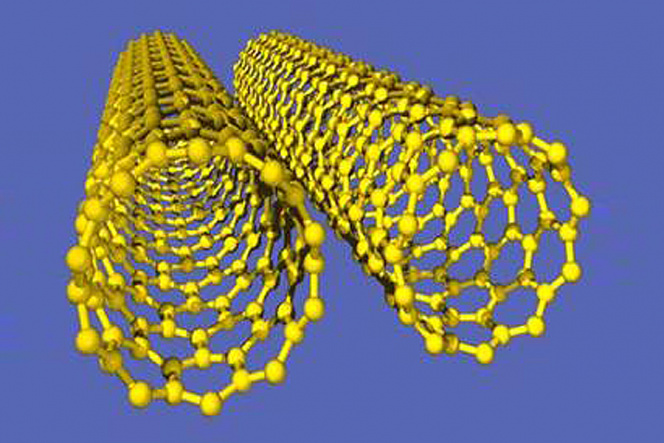Materials Engineering
Advanced Functional Materials Engineering (I&II degree)
Studies in Advanced Functional Materials Engineering are interdisciplinary studies run jointly by the Faculties of Chemistry, Mechanical Engineering and Applied Physics & Mathematics of the Gdańsk Tech in the field of Material Engineering.
Material Engineering is a science dealing with the relationship between structure and material properties. Such a definition places our field in a special position, because of the role of materials in the development of civilizations, their diversity and dynamic development in the last years of the twentieth century. Our field is distinguished by its interdisciplinary character. It is a crucible in which physics and chemistry, mechanics and electronics combine to form the basis for the spectacular engineering achievements of the turn of the 20th and 21st centuries. Material Engineering has become an example of how basic and applied sciences can harmoniously combine to solve the challenges facing modern civilization. Material Engineering is also distinguished by the use of computer methods and modern information technologies. It was the use of these new tools that allowed us to master the technologies that currently enable the synthesis of almost any material.

In the case of studies at the Gdańsk Tech, classes in the field of Material Engineering are carried out at all three, above-mentioned faculties and are covered by a single program for 3 years. The main purpose of these joint classes is to learn the basics of material science to the extent necessary to master the methods and technologies necessary for the design and production of new, advanced, materials with desired properties, as well as diagnosing the state of materials used in industry.

Studies in the field of engineering of advanced functional materials are conducted by employees of the Faculty of Applied Physics and Mathematics. These studies involve semiconductor structures, glasses, polymers and thin semiconductor, superconducting, optical or magnetic layers. These are materials designed for future applications related to the development of new technologies in electronics, energy, machinery and medicine. We also offer training in original methods of testing non-destructive structural materials. Students can also learn methods of analysis and design of the condition of materials and structural elements using the latest simulation technologies (CAD/CAM/CAE integrated software).

After completing their engineering studies, students can continue their master's degree (lasting 3 semesters). Material Engineering graduates will find employment in chemical and machinery plants, construction and design offices, specialized industrial laboratories, plastics industry and technical universities.


Aerogels are the lightest materials in the world, according to the Guinness Book. They contain more than 99% of the air in their volume, they are about 40 times better thermal insulators than mineral wool and polystyrene. Such materials are studied and produced by our students.



